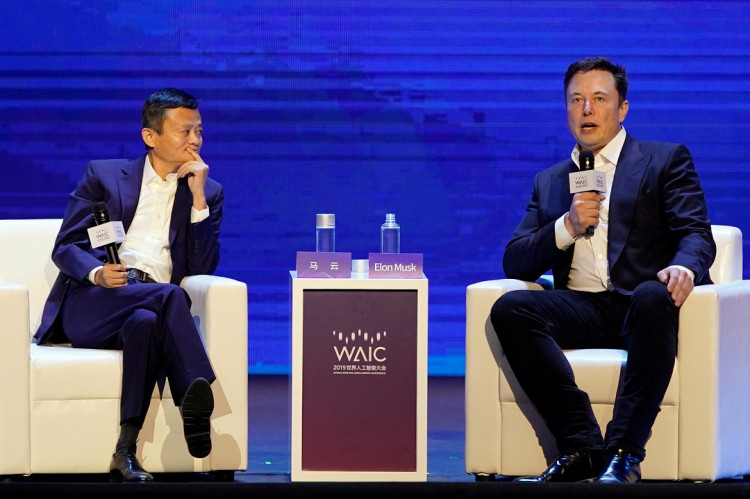The European Union now has a plan to compete against the United States and China in artificial intelligence (AI) even as it looks at ways to regulate AI firms, including the large American tech giants such as Google and Amazon.
On Wednesday, the EU unveiled it plans to catch the U.S. and China in AI. President of the European Commission Ursula von der Leyen, who announced the new strategy said AI could be hugely lucrative for European firms but warned it comes with key risks. The EU's new strategy will mitigate these risks while making AI a lucrative business that works for people.
The EU strategy includes an ambitious investment plan of $21.6 billion (€20 billion) per year over the next decade compared to the $3.5 billion (€3.2 billion) in 2016. They payback for this investment into AI will be huge.
"It is €300 billion ($324 billion) right away," said von der Leyen. "This is 2.4% of the Gross Domestic Product -- this is today. In five years, it will be estimated three times as much. Today, we have 5.7 million jobs, in five years, these will be about 11 million jobs."
The EU will have to move fast on AI if it wants to come anywhere near these economic benefits, however. The European Commission said AI is developing fast, which is why Europe needs to maintain and increase its level of investment. At the same time, AI entails a number of potential risks that need to be addressed.
Europe is already behind other parts of the world when it comes to AI. Chinese and U.S. firms account for about 85% of AI-related patents globally, according to data recently published by the World Intellectual Property Organization (WIPO).
Von der Leyen said the EU says it wants to develop a "framework for trustworthy artificial intelligence." To attain this aim, the EU will focus on three key objectives: technology that works for people; a fair and competitive economy and an open, democratic and sustainable society.
The EU wants to be able to test and certify the data used by the algorithms that power AI in the same way they check cosmetics, cars and toys. This preliminary certification will focus on high-risk systems rather than on all AI "in order to avoid unnecessary burden for companies to innovate," according to the strategy paper.
Among these high-risk sectors are medical equipment, autonomous driving decisions on social security payments. The EU also wants to use unbiased data to train high-risk AI systems so they can avoid discrimination.
It also wants a debate on when to allow facial recognition in remote identification systems that scan crowds to check people's faces to those on a database. Facial recognition is considered the "most intrusive form" of the technology and is prohibited in the EU except in special cases.
On Wednesday, the European Commission (EC), the EU's executive branch launched a 12 week-long consultation period to better understand how to protect EU citizens from the negative impacts of "bad AI."
The discussions are expected to result in more concrete legislation and regulations by the second half of this year. EC officials expect this increased regulation to be resisted by Facebook, Alphabet and other Big Tech firms.
"We recognize that we missed the first wave, or the first battle, which was the battle of personal data," said Thierry Breton, the EU commissioner for the internal market. The good news is the EU now understands the next fight with Big Tech will be over industrial data.






